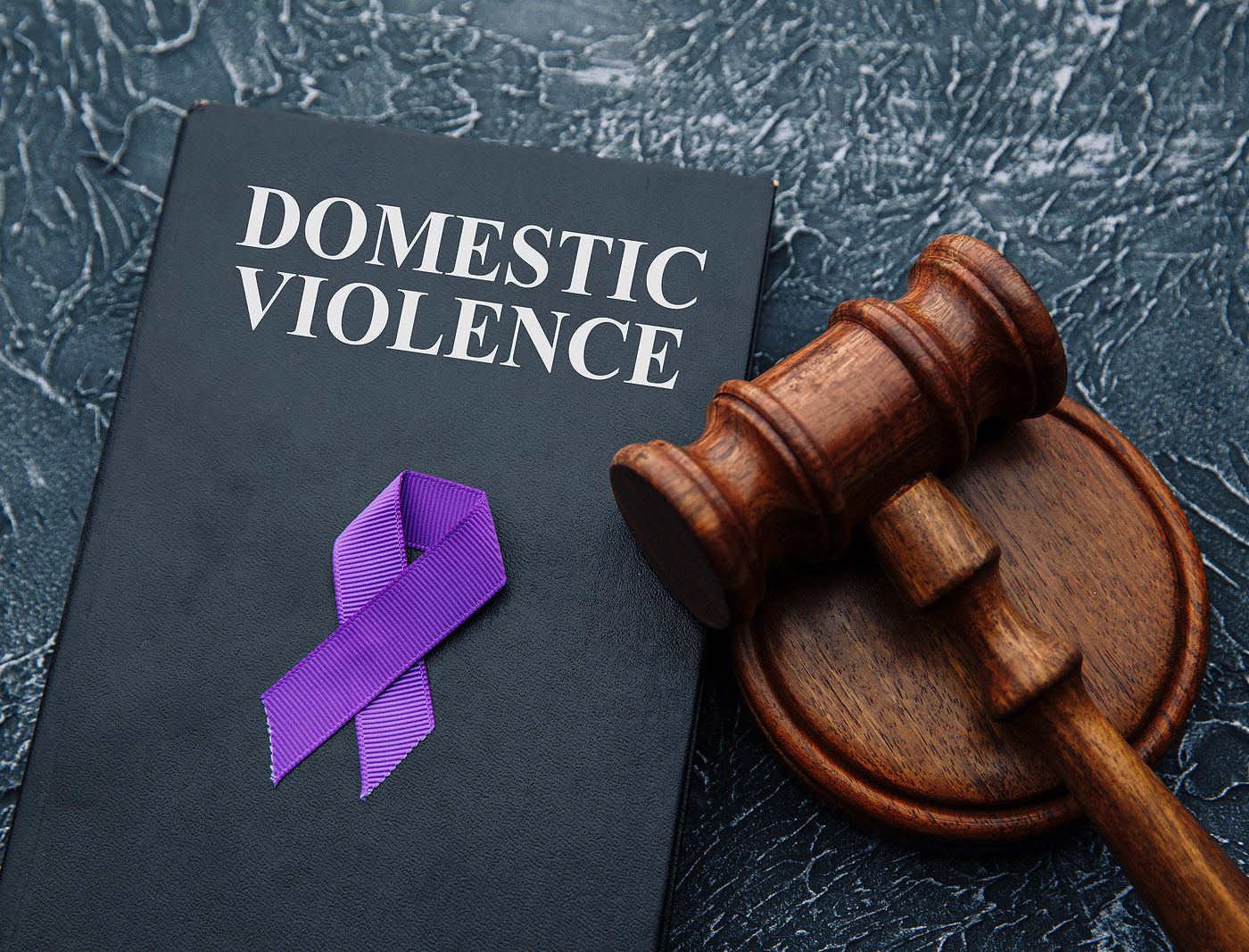
Domestic Violence Laws: Your Guide to Protection and Legal Recourse
Domestic violence is a pervasive issue that affects millions of people worldwide, transcending boundaries of age, gender, and socioeconomic status. To combat this deeply ingrained problem, domestic violence laws play a crucial role in protecting victims and holding offenders accountable. In this comprehensive guide, we will delve into the intricacies of domestic violence laws, providing valuable insights into how they work and why they are essential in our society.
Definition of Domestic Violence Under the Law
Domestic violence is not limited to physical abuse alone; it encompasses a wide range of behaviors. Legally, it is defined as a pattern of abusive behavior in an intimate relationship that is used by one partner to gain or maintain power and control over the other. This definition recognizes that domestic violence extends beyond physical harm and includes emotional, psychological, sexual, and economic abuse. By recognizing the multifaceted nature of domestic violence, the law aims to address all forms of abuse within intimate relationships.
Overview of Different Types of Domestic Violence

Domestic violence manifests in various ways, each equally destructive to victims. Physical abuse involves any act that causes bodily harm, while emotional abuse inflicts psychological harm through manipulation, humiliation, or isolation. Sexual abuse includes non-consensual sexual acts, and economic abuse entails controlling finances to limit a victim’s independence. Recognizing these diverse forms of abuse is essential for effectively addressing domestic violence in legal frameworks.
The Role of Restraining Orders in Protecting Victims
Restraining orders, also known as protective orders, are invaluable tools in shielding domestic violence victims from further harm. These court orders prohibit the abuser from contacting or approaching the victim, their home, or workplace. They provide a legal barrier that can be enforced by law enforcement, helping victims regain a sense of safety and control. Restraining orders are not a panacea, but they are a critical step in preventing further abuse.
Reporting Domestic Violence Incidents to Law Enforcement
Reporting domestic violence incidents to law enforcement is a vital step in seeking protection and legal recourse. Victims often hesitate to report due to fear, shame, or retaliation. However, it is crucial to remember that law enforcement agencies are trained to handle these cases with sensitivity and confidentiality. Reporting incidents promptly helps create a record of abuse, which is essential for legal action and securing protective measures.
Legal Consequences for Domestic Violence Offenders

Domestic violence laws impose severe penalties on offenders to deter future abuse. Consequences can range from fines and probation to imprisonment, depending on the severity of the abuse and the jurisdiction. Additionally, convictions may result in the loss of firearms and mandatory participation in rehabilitation programs. These legal consequences send a clear message that society does not tolerate domestic violence and aims to hold perpetrators accountable for their actions.
Support and Resources Available to Victims
Victims of domestic violence should not bear their burden alone. Numerous support systems and resources are available to assist them in their journey towards safety and recovery. These resources include shelters, hotlines, counseling services, and legal advocacy. Support from friends and family is also crucial, providing emotional backing during difficult times. Recognizing that help is available can empower victims to seek assistance and break free from the cycle of abuse.
The Importance of Documenting Evidence in Domestic Violence Cases
Documenting evidence is pivotal in building a strong case against abusers. Victims should keep records of abusive incidents, including photographs of injuries, text messages, emails, and any relevant documents. This evidence can be presented in court to corroborate their claims. Documentation not only strengthens legal cases but also helps victims overcome feelings of self-doubt and disbelief.
Seeking Legal Representation and Advocacy for Victims
Navigating the legal system can be overwhelming, especially for victims of domestic violence. Legal representation, such as a Criminal Defense Attorney Columbus, is crucial to ensure their rights are protected and that their cases are properly presented in court. Additionally, victim advocates, often available through shelters or nonprofits, provide emotional support and guidance throughout the legal process. Together, these resources empower victims to pursue justice and safety.
How Domestic Violence Laws Vary by Jurisdiction

Domestic brutality laws exhibit notable variations across jurisdictions, reflecting the nuanced nature of legal systems and cultural contexts. While there are fundamental similarities, the specifics can differ significantly from one place to another. These distinctions encompass the legal definitions of domestic roughness, the severity of penalties for offenders, available resources for victims, and even the criteria for obtaining restraining orders.
For instance, some jurisdictions may have stricter sentencing guidelines for perpetrators, while others might prioritize rehabilitation programs. Additionally, the accessibility of victim support services can vary, with some areas boasting well-funded programs and others facing resource constraints. Moreover, the processes for obtaining protective orders can differ, affecting the speed at which victims can secure immediate protection.
Understanding these jurisdictional differences is paramount for both victims and legal professionals, as it informs the approach to seeking justice and safety within a particular legal framework.
The Societal Impact of Effective Domestic Violence Legislation
The impact of effective domestic violence legislation reverberates far beyond the confines of the legal system. It plays a pivotal role in shaping societal attitudes, fostering awareness, and ultimately influencing behavioral change. When legislation recognizes the gravity of domestic brutality and imposes significant consequences on offenders, it sends a powerful message that society does not condone abusive behaviors within intimate relationships.
By breaking the cycle of silence and denial surrounding domestic brutality, these laws contribute to cultural shifts. They encourage survivors to come forward, reducing the stigma associated with being a victim. This, in turn, promotes healthier relationships, empowers survivors to seek help, and creates an environment where perpetrators are held accountable.
In essence, effective domestic violence legislation acts as a catalyst for broader social change, striving for a future where domestic roughness is not just legally condemned but socially unacceptable, creating safer, more equitable communities for all.
Conclusion
Domestic violence laws are a fundamental component of our legal system, serving to protect victims, hold offenders accountable, and transform society’s perception of intimate partner abuse. Understanding these laws and the resources available is essential for victims seeking safety and justice. By working collectively to combat domestic brutality and raising awareness about these critical legal provisions, we can strive for a world where all individuals can live free from fear and abuse.
